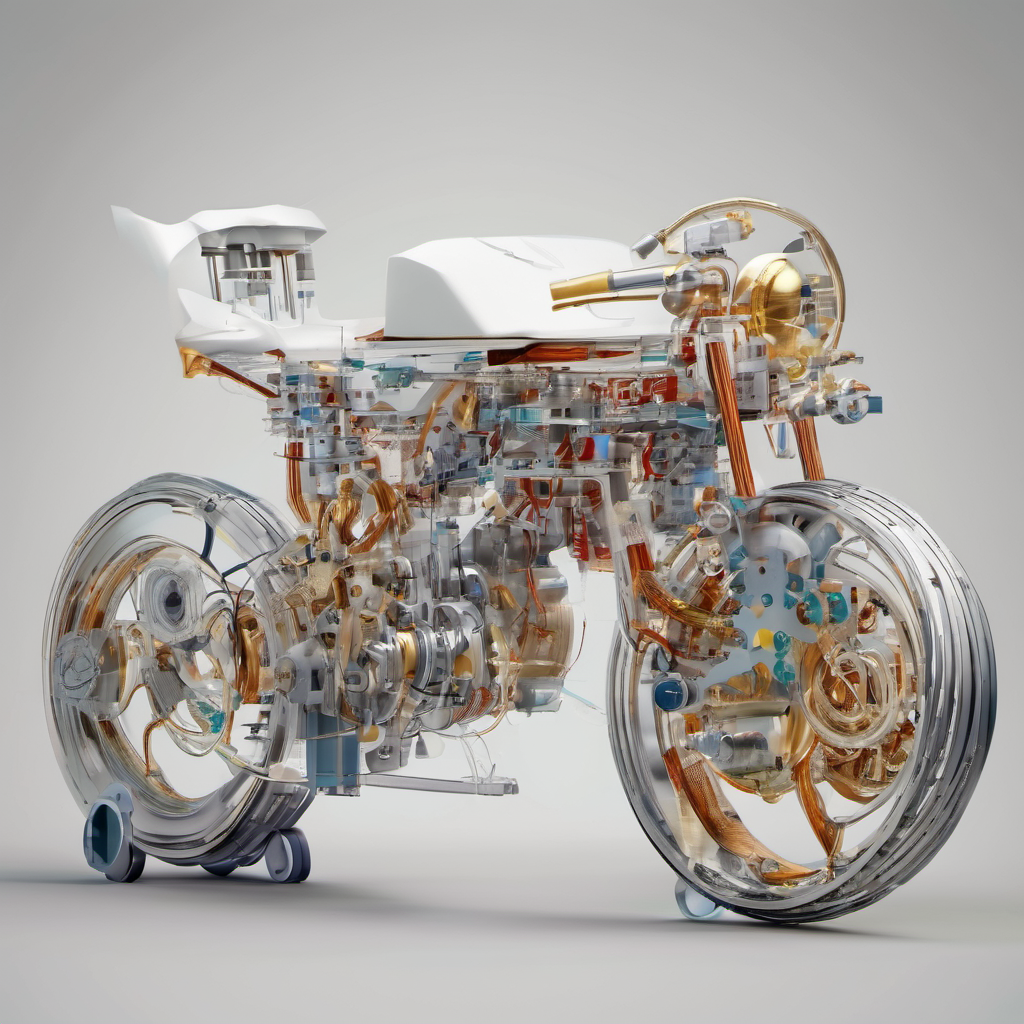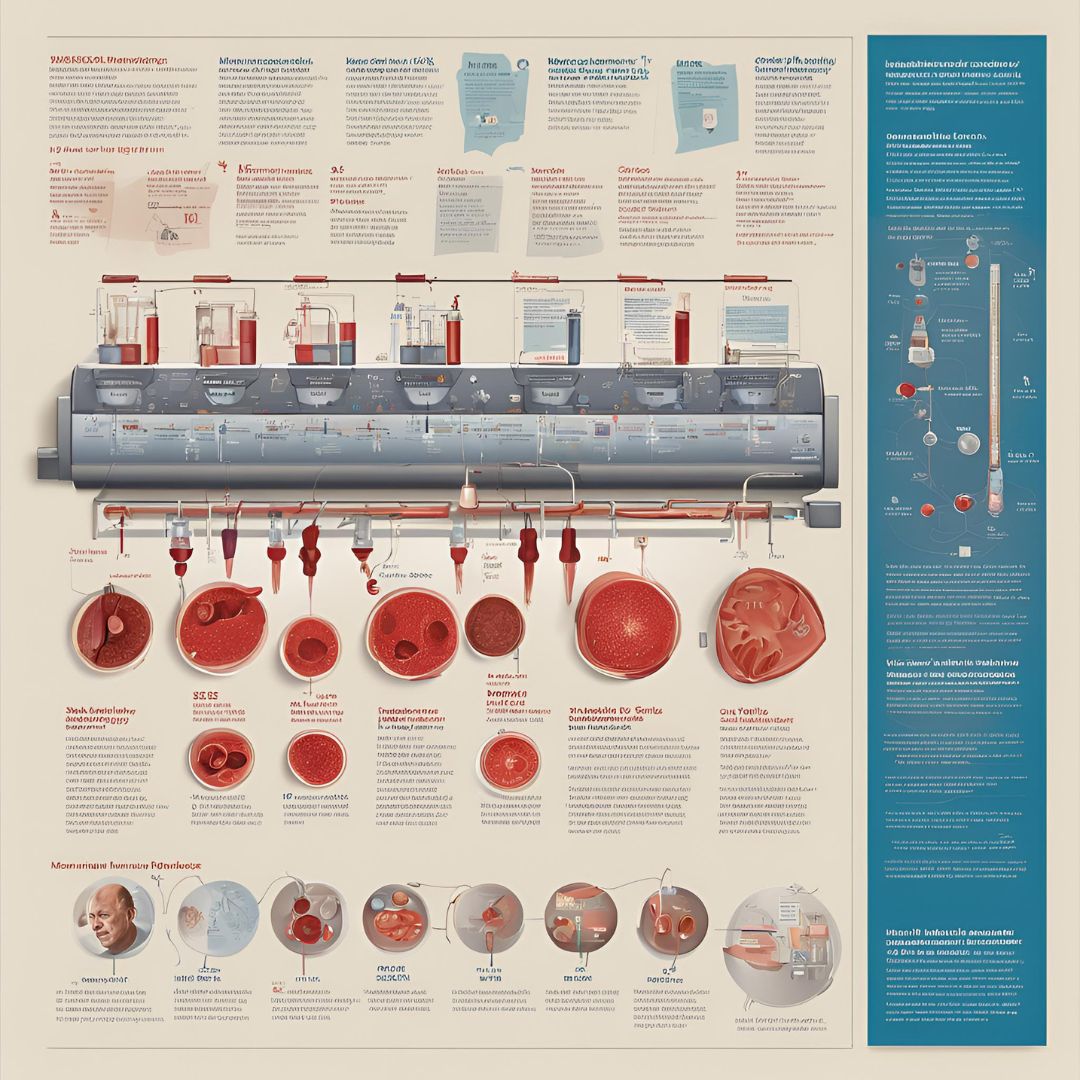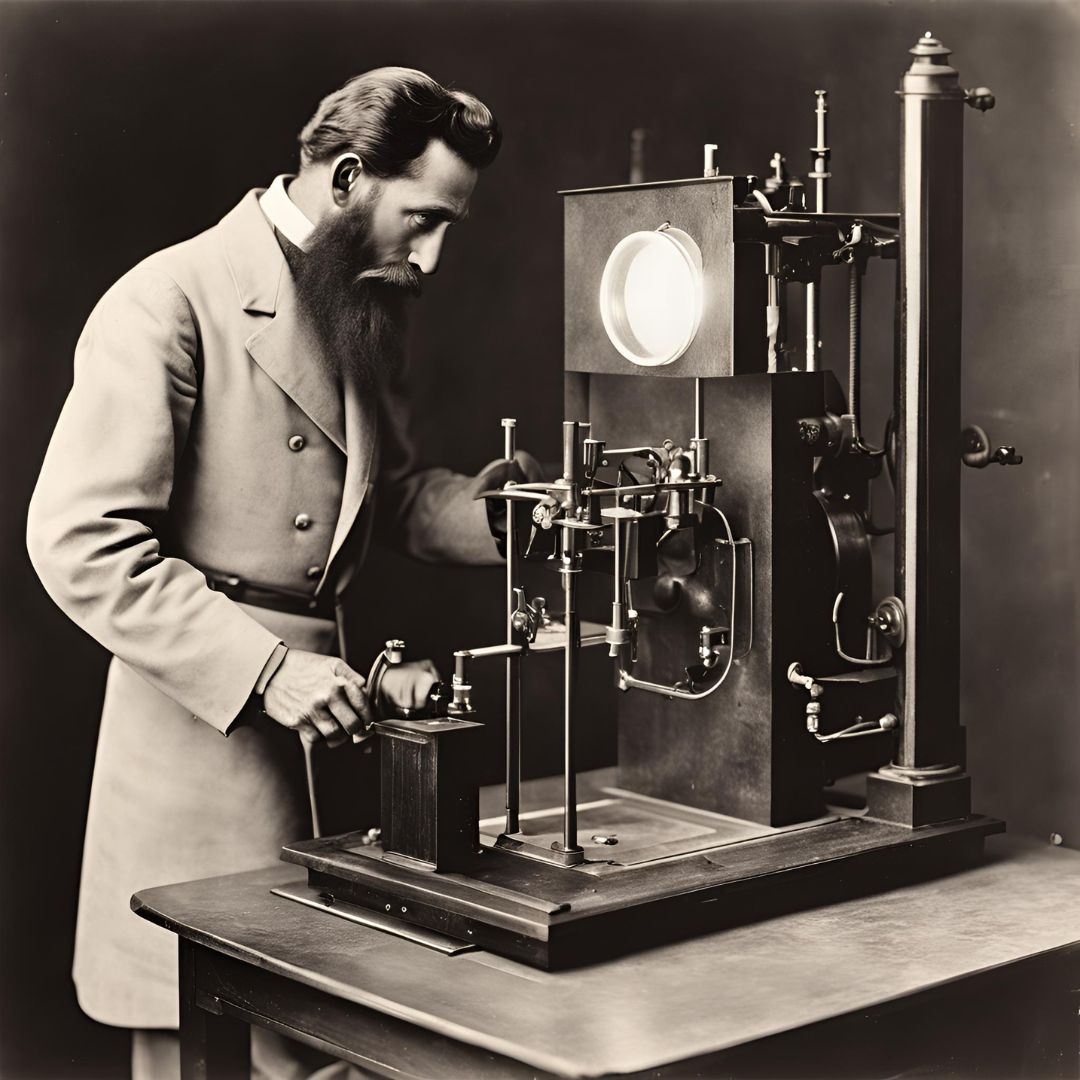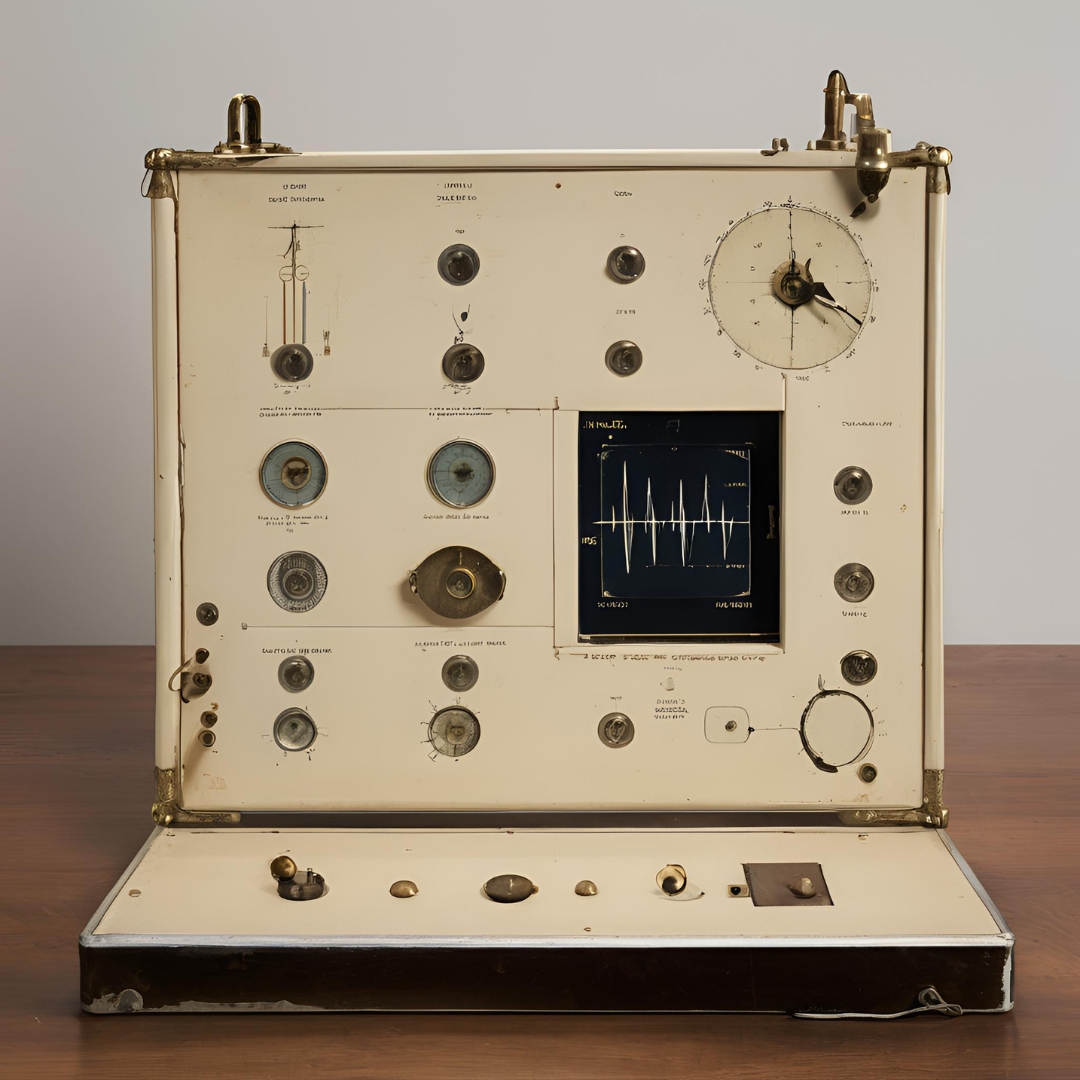Advancements in Biomedical Engineering
Welcome back to Biomedical Diary, where I share insights and reflections from my journey as a biomedical engineer. Over the years, I’ve been fortunate enough to work on projects that have truly shaped my understanding of healthcare and the role biomedical engineering plays in improving lives. With every new discovery, I’m reminded of why I chose this path. Today, I’d like to share some of the most exciting trends and breakthroughs currently shaping our field.
Personalized Medicine: Tailoring Treatments for Better Outcomes
One area that continually inspires me is personalized medicine. The concept of tailoring treatments to an individual’s genetic makeup and health profile is becoming a reality. For example, targeted cancer therapies and customized drug dosages show that medicine is evolving beyond one-size-fits-all solutions.
I observe how personalized medicine requires collaboration across disciplines, including bioinformatics, molecular biology, and advanced technologies like genomic sequencing. Picture a world where every patient receives a treatment plan crafted for their unique biology—this is the future we are moving toward, and I’m excited to contribute to its development.
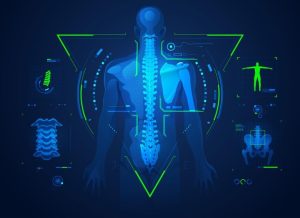
The Promise of 3D Bioprinting: Building the Future of Organ Transplants
Another innovation that’s been gaining momentum is 3D bioprinting. I’ve worked with 3D printing technologies for medical devices, and the leap from traditional prosthetics to bioprinter tissues and organs is nothing short of remarkable.
We’re now able to print biocompatible materials that mimic natural tissues, opening the door to creating customized organ replacements. In the future, we could see a world where waiting lists for organ transplants become a thing of the past. It’s exciting to think that one day we may be printing fully functional organs, ready to be transplanted into patients in need. This shift could radically transform healthcare and save countless lives.
While there’s still much research to be done, I’m proud to be part of a field that’s on the cutting edge of this technology.
Artificial Intelligence in Biomedical Engineering: Beyond the Hype
Another area I’ve seen growing rapidly is artificial intelligence (AI).
It’s easy to get caught up in the hype surrounding AI, but I find its true value in how it enhances patient outcomes and aids clinicians in making precise diagnoses.
For instance, AI-driven algorithms in medical imaging are showing remarkable effectiveness in detecting diseases like cancer at earlier stages than ever. Having worked with teams developing these technologies, I am continually impressed by AI’s speed in processing and interpreting data. It’s not merely about increasing speed; it’s about boosting accuracy and providing clinicians with more reliable tools.
In my experience, AI isn’t about replacing doctors or engineers; rather, it’s about empowering them to provide better care and make more informed decisions.
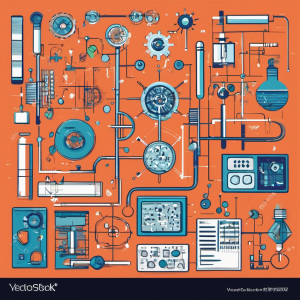
Wearable Technology: Bringing Healthcare Closer to Home
One of the more tangible applications of biomedical engineering that I’ve been personally involved with is wearable technology. Whether it’s a smartwatch that tracks your heart rate or a more advanced device that monitors chronic conditions, wearables are bringing healthcare closer to home.
What excites me the most is the potential for these devices to bridge the gap between patients and clinicians. As biomedical engineers, we’re designing systems that allow people to manage their health more effectively outside of the clinical setting. This shift toward preventive care is crucial, and wearables are a key part of that movement.
In my own projects, I’ve seen how impactful these devices can be, particularly for patients with chronic illnesses. The ability to continuously monitor vital signs and intervene early when problems arise has the potential to save lives and reduce the strain on our healthcare system.
The Ethical Side of Innovation: Balancing Progress and Patient Safety
While innovation is exciting, it also comes with responsibility. In previous posts on Biomedical Diary, I’ve touched on the ethics of biomedical research. As I continue working on new projects, I find myself returning to this topic often.
Biomedical engineering is a field that directly impacts human lives, and with that comes the need to balance progress with patient safety. We must ensure that the technologies we develop are not only effective but also safe and accessible to all.
I believe it’s essential to engage in ongoing conversations about the ethical implications of our work. How do we ensure equitable access to new treatments? How do we safeguard patient data in the age of digital health? These are the kinds of questions I find myself asking as we push forward with new innovations.

Looking Ahead: A Future Full of Possibilities
The journey of a biomedical engineer involves constant learning, growth, and adaptation. Each day, I see how far we’ve come and how much further we can go. Innovations today are setting the stage for a future with more precise, personalized, and connected healthcare.
As I share my experiences on Biomedical Diary, I aim to highlight both the exciting advancements and the challenges we face. Whether developing life-changing devices, exploring AI’s potential, or addressing ethical issues, I’m excited to shape the future.
Stay tuned for updates and insights from the world of biomedical engineering. Together, we will explore cutting-edge technologies that are transforming healthcare and improving lives.
